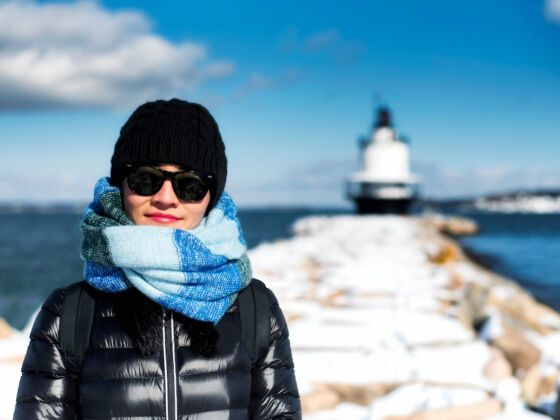1. The food is better than I’d been led to believe.
Before arriving, I’d been warned that American. Food. Is. Bad. Certainly, there is a lot of crap out there. That fake cheese they slather on nachos and fries should not be considered food. An Australian friend had warned me about it after she’d had an allergic reaction to it. If you go into a down-market supermarket, the offerings are not healthy, with poor-quality soda, white bread, and fatty meats in prime position.
But I wouldn’t shop at a down-market supermarket at home, so why would I here? Farmers’ markets and organic food cooperatives are even more accessible than they are back home. The local farmers’ market is right in the heart of my village, not on the outskirts of town as was the one in Canberra. I live just a few doors away from an organic coop, so I probably eat better-quality food now than I did a year ago.
The diversity of American culture shines through in its food. If you want to eat junk food, it’s there in abundance. If you want to eat well, you can do that, too.
